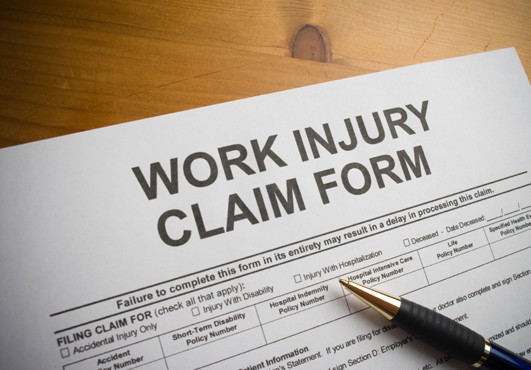If you are an employer in New York, chances are you will need to have some form of workers compensation insurance. Even if you have just one employee, workers compensation is necessary in all cases, except for very rare instances such as:
- Unpaid volunteer work for specific types of charity work
- Members of the clergy and other religious types
- Employees who are already covered by another entity, such as the US government
- Family members who work for a farmer
- Yard work or casual chores for family members
This list is by no means complete, but it gives you a fairly clear idea of what sort of exceptions are out there. If you’re outside of these very narrow parameters and you have an employee working for you, you’ll need to get workers compensation insurance to cover them.
Where do you get workers compensation?
There are two major ways to ensure your employees. The first way is the most common, which is to get insurance through the State Insurance Fund. This is the most common type because the State Insurance Fund (SIF) must offer insurance to everyone, regardless of the type of job or dangers associated with it.
Private insurance is also an option. There are currently over 200 private insurance companies available that will be willing to work with most companies. Private insurance may require you to do a little bit of shopping around before you find the right one. Unlike SIF, private insurance doesn’t have to take all types of companies, and they may exclude certain types. Private insurance is typically purchased through an agent or broker, who will be able to help you navigate companies for the best possible fit.
One final option is self-insurance. This style of insurance is typically reserved for very large companies that have the financial backing to be able to afford to pay for medical problems involving their employees.
For self-insurance, you’ll have to prove that you have the ability to pay for hurt employees, and you’ll need to set aside fairly large amounts of money in case of these accidents, but they could potentially save money in the long run.
What does workers compensation cover?
Workers compensation protects your employees in a variety of ways. These include:
- Medical services for job-related injuries and illness
- Temporary disability payments for the employee when they are unable to work
- Permanent disability payments to the employee when they have permanent injuries
- A death benefit for a deceased employee’s family members
- Legal representation for the employer
- Protection for the employer against most lawsuits related to on-the-job injuries/illnesses
Workers compensation is required by law, but it’s also a smart decision. Not only will it help protect your employees if they get sick or injured, it will protect your company from lawsuits related to injuries, sickness, or death on the job. Workers compensation is smart business practice, and an important part of setting up any company, large or small.


Recent Comments